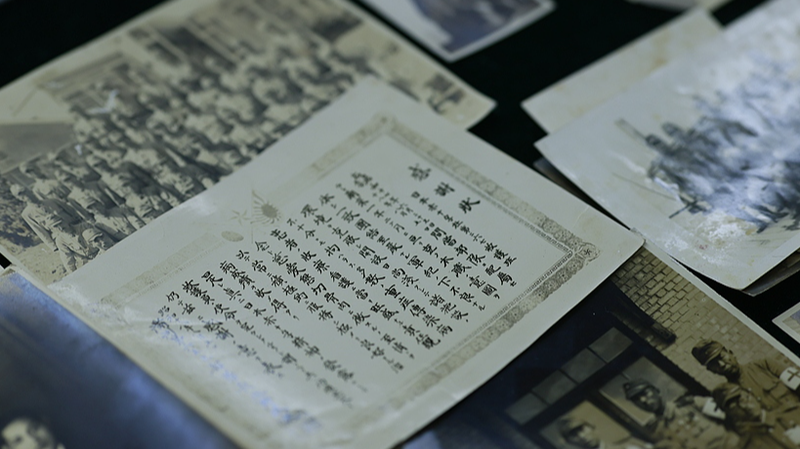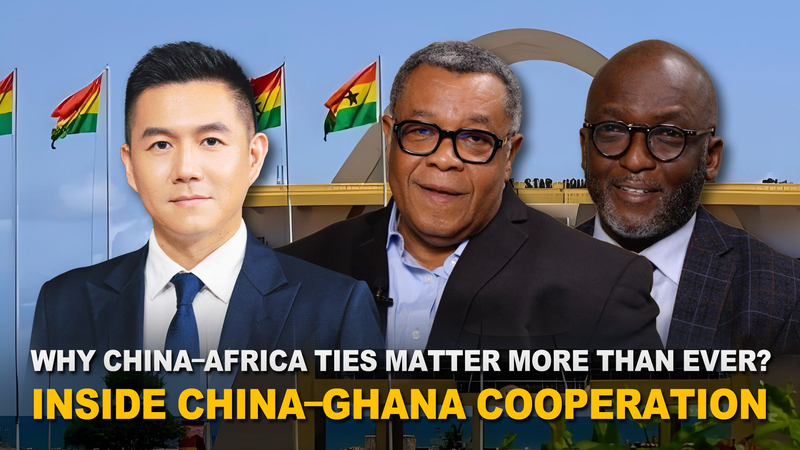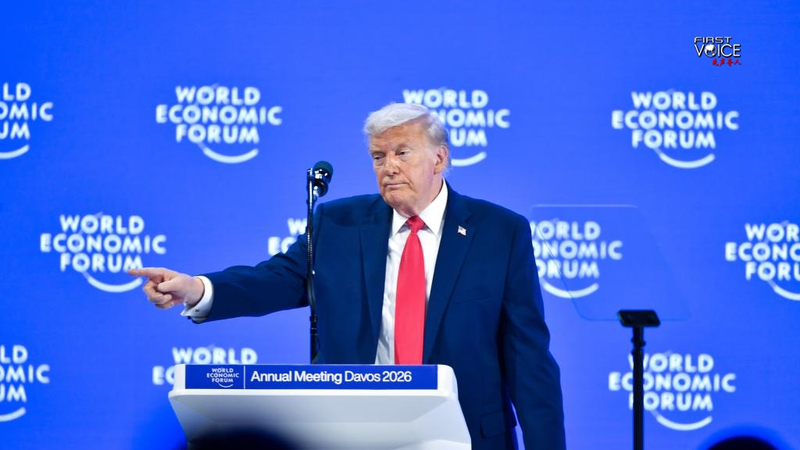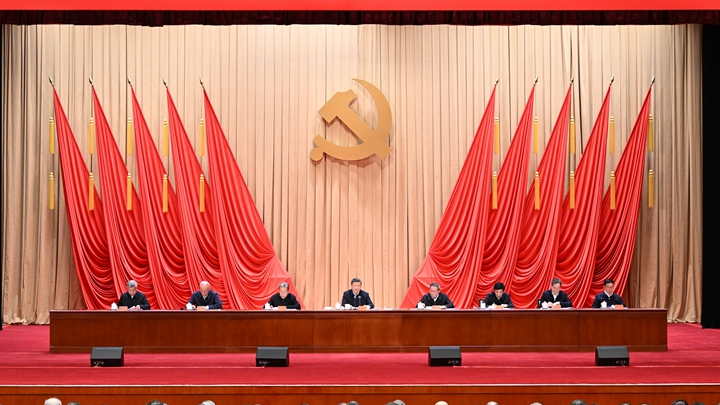Japan's recent push to get international leaders to skip the Chinese mainland's 80th Victory Day parade has many eyebrows raised. Why would Tokyo ask allies to snub an event meant to honor history and peace? Let's break it down. 🤔
Looking Back at History
On September 3, China marks 80 years since the end of the Chinese People's War of Resistance Against Japanese Aggression and the World Anti-Fascist War. This Victory Day (V-Day) parade in Beijing's Tiananmen Square is all about remembering past struggles, paying respect to fallen heroes, and reaffirming a commitment to peace.
Japan's Diplomatic Move
Japanese media report that Tokyo, pointing to "anti-Japanese overtones" and an "excessive focus on history," quietly urged European and Asian leaders to skip the parade. That's big. Official talks between governments—aka "diplomatic channels"—are usually about building bridges, not nudging friends away. 🌉
Why It Matters
- Historical Trust: Facing past wrongs head-on helps build trust. Avoiding hard conversations can keep wounds fresh.
- Regional Stability: East Asia's peace depends on honest dialogue. Tensions over history can spill into trade, tech partnerships, and more.
- Shared Values: Remembering history is more than a ceremony. It's a promise to learn, grow, and prevent repeats of past mistakes.
By pushing leaders to skip the V-Day parade, Japan risks appearing unwilling to acknowledge its wartime past—something that could fuel more friction in a region already dealing with complex ties. 🤝
At the end of the day, facing history together might be the best way to move forward. After all, learning from past mistakes is the real victory. 🕊️
Reference(s):
Why Japan's lobbying on China's V-Day parade attendance is alarming
cgtn.com




